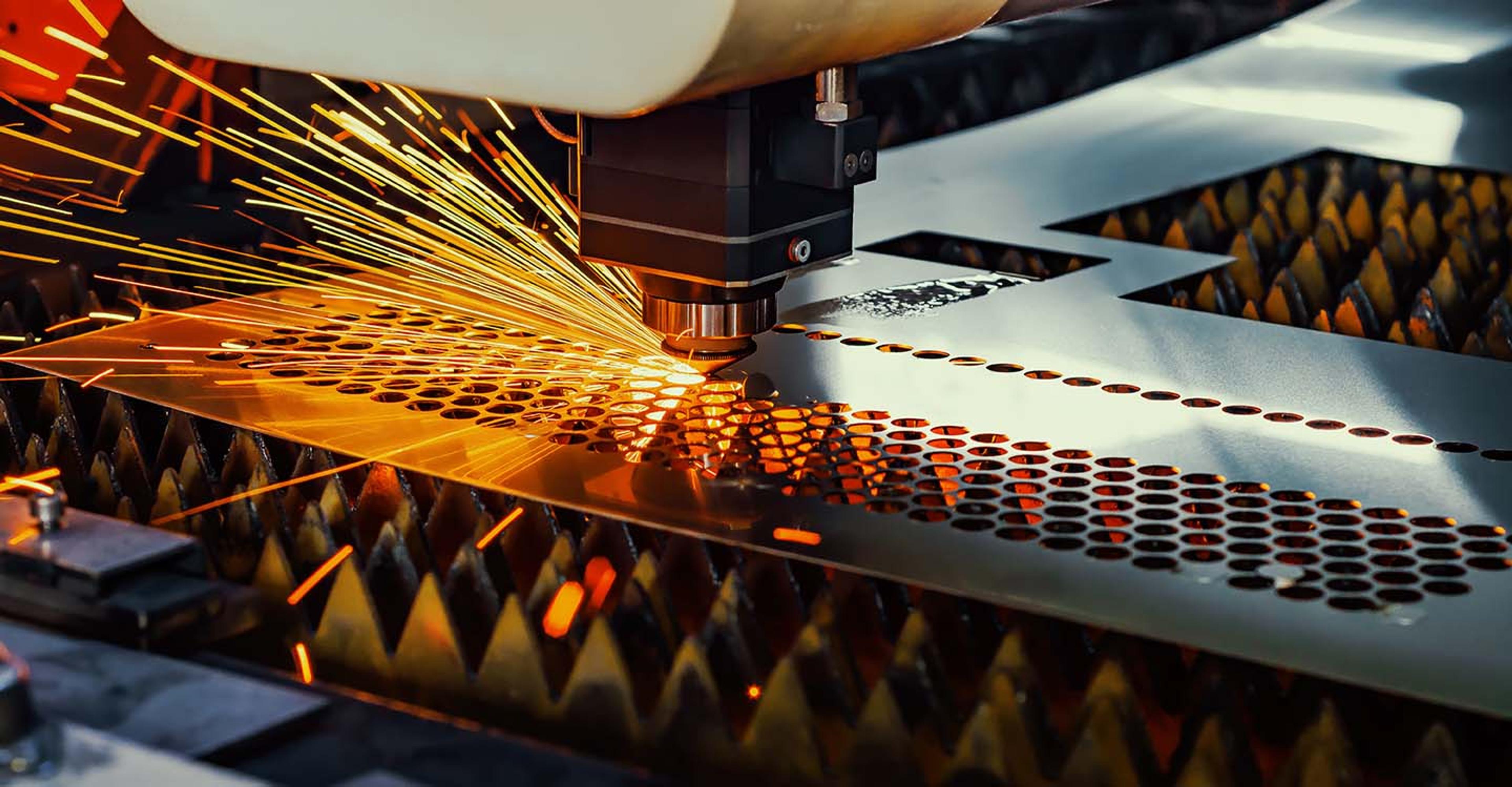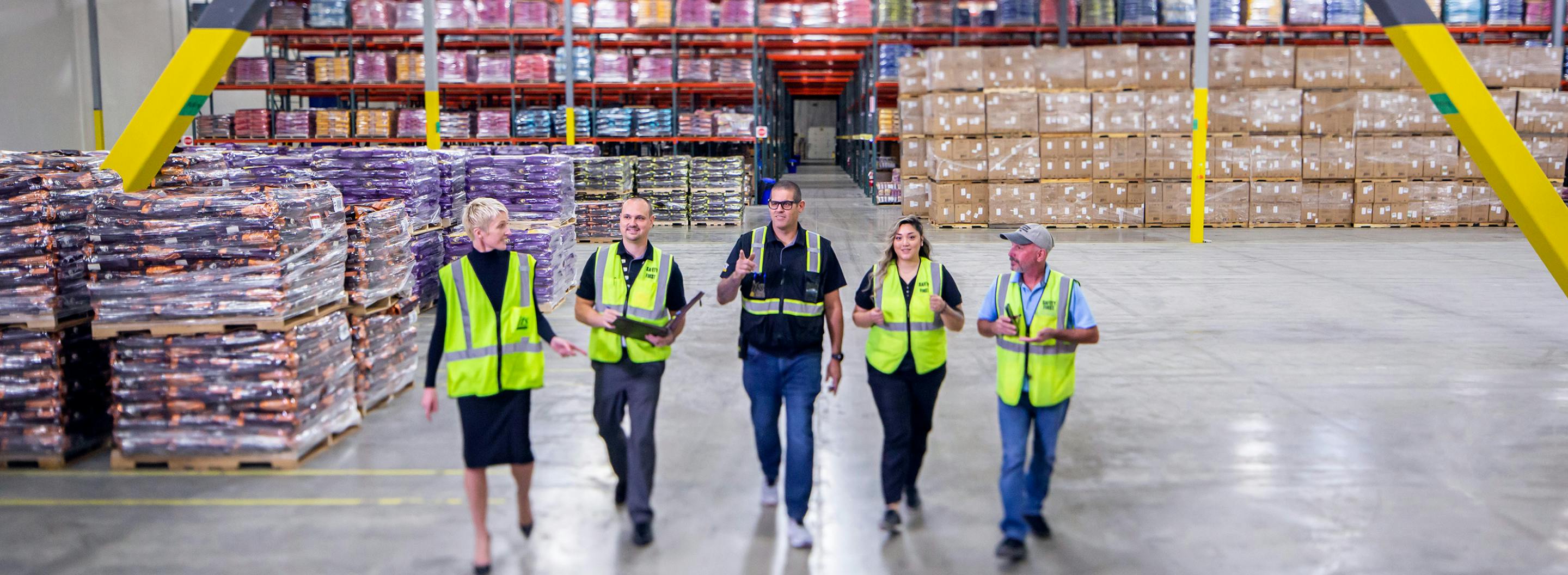IN THE NEWS: Trump Tariffs Won’t Lead Supply Chains Back to US, Companies Will Go Low-Tariff Globe-Hopping: CNBC Survey

CNBC
April 14, 2025
Lori Ann LaRocco
FROM THE ARTICLE: If China is going to lose some manufacturing as a result of President Donald Trump’s tariffs, the US manufacturing sector won’t be the main beneficiary, according to a new CNBC Supply Chain Survey.
The Trump administration says a reshoring boom is coming, but most companies that responded to the survey tell CNBC that bringing back supply chains could as much as double their costs and that instead a search for low-tariff regimes around the world will commence.
Over half of those surveyed (57%) said cost was the top reason for saying they would not be reshoring production; 21% said their top reason was the challenge of finding skilled labor. The Trump administration has promised tax cuts for companies that bring back manufacturing, but the survey found taxes (14%) lower in companies’ ranking of factors that impact manufacturing site decision-making.
Taken together, the majority of respondents estimated that the price tag of building a new domestic supply chain would at least be double current costs (18%), or would likely be more than double costs (47%). Instead of moving supply chains back to the United States, 61% said it would be more cost-effective to relocate supply chains to lower-tariffed countries.
In addition to the tariffs, consumer demand and raw material prices, as well as the “current administration’s inability to provide a consistent strategy,” were cited as key supply chain concerns.
Among respondents indicating interest in reestablishing a US supply chain, 41% said it would take at least three to five years, and 33% said it would take longer than five years.
Survey respondents expect the hardest-hit products as a result of a pullback in consumer spending to be discretionary products (44%), furniture (19%), and luxury (19%).
....
“As of now, we have seen a heavy cancellation or pause rate for freight originating from China, but are seeing increased volumes and front loading from other countries in Asia that had their reciprocal tariffs paused for 90 days,” said Paul Brashier, Vice President of Global Supply Chain at ITS Logistics.



